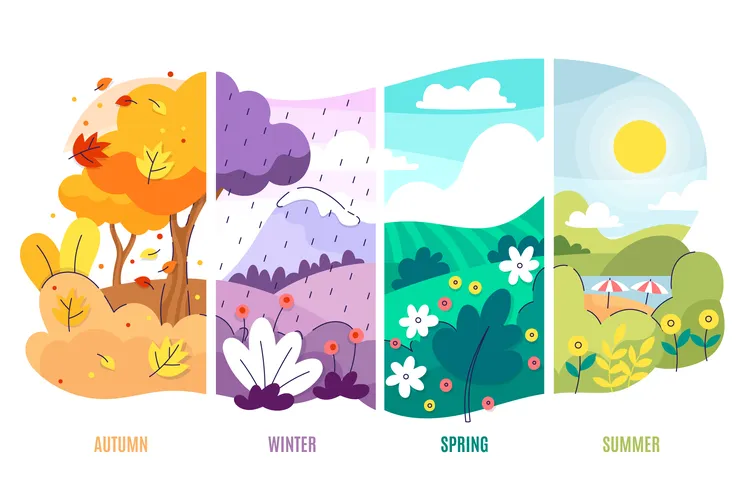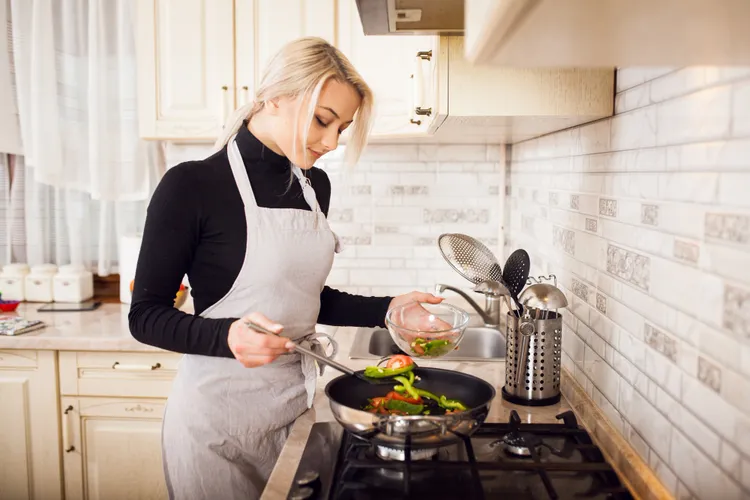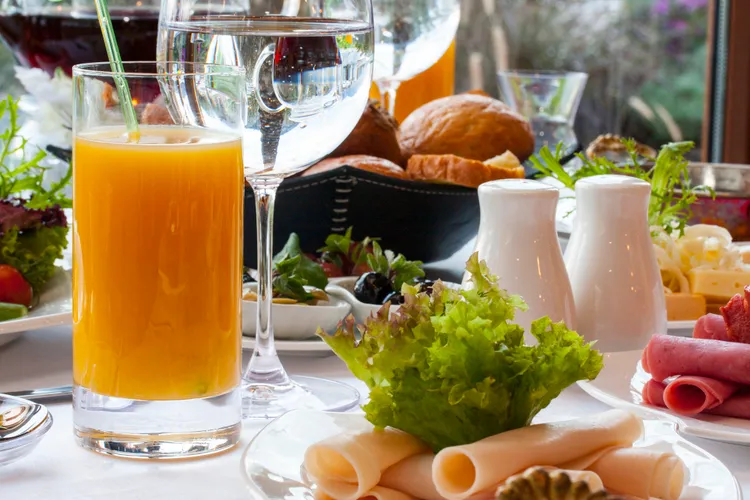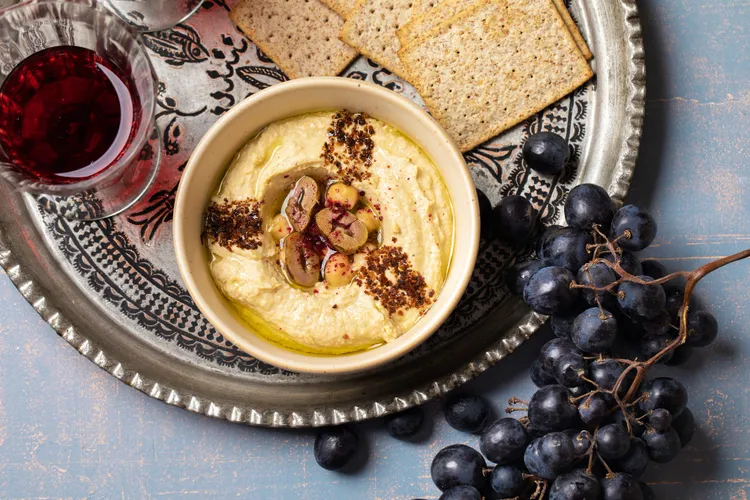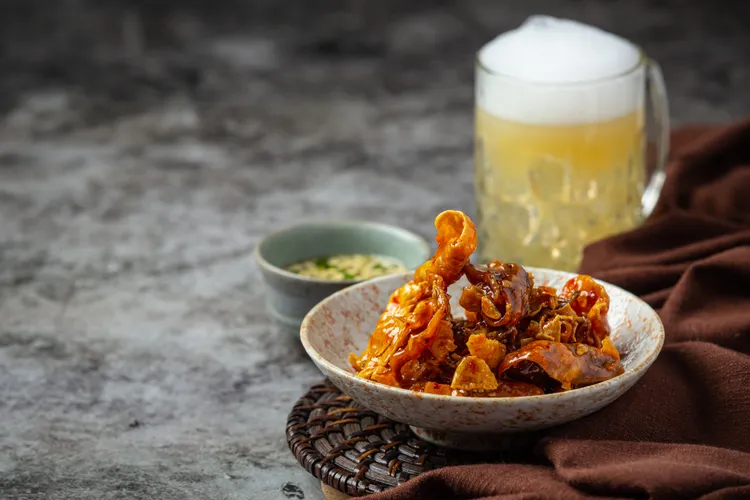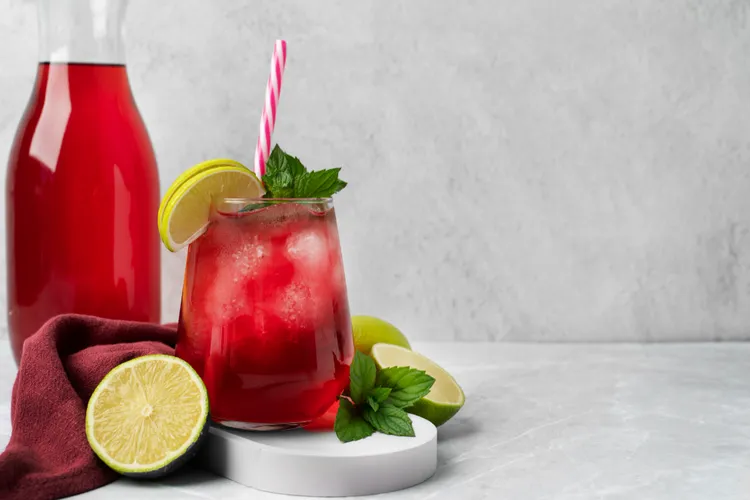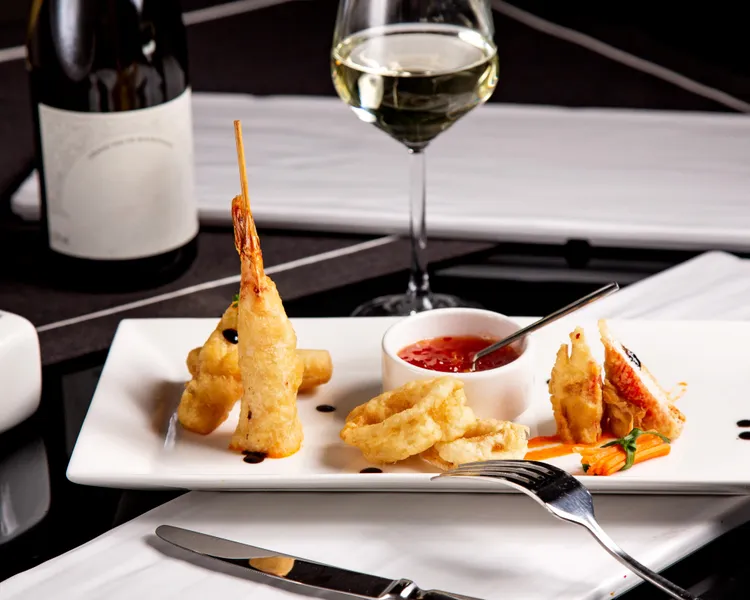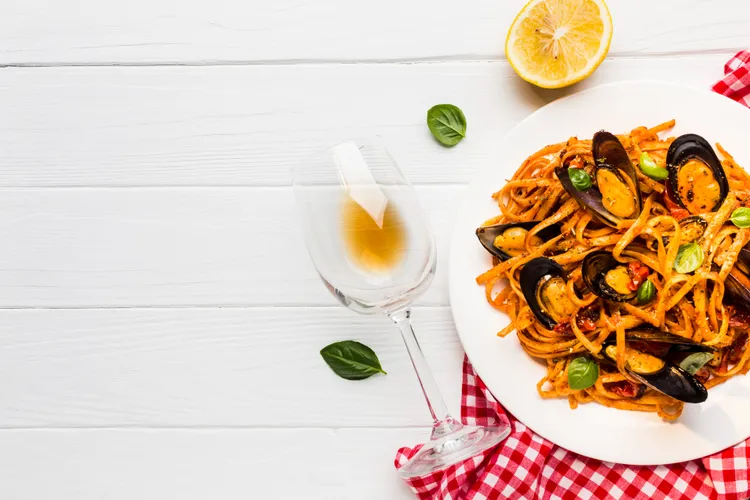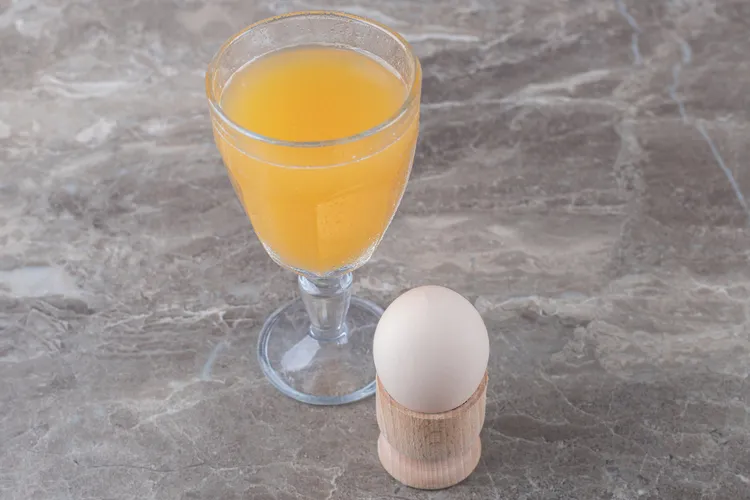The Best Plant-Based Protein Sources
Switching to a plant-based diet is one of the best things you can do for your health, the planet, and even your wallet. But if you’ve ever asked yourself, “How do I get enough protein without meat?” - you’re not alone.
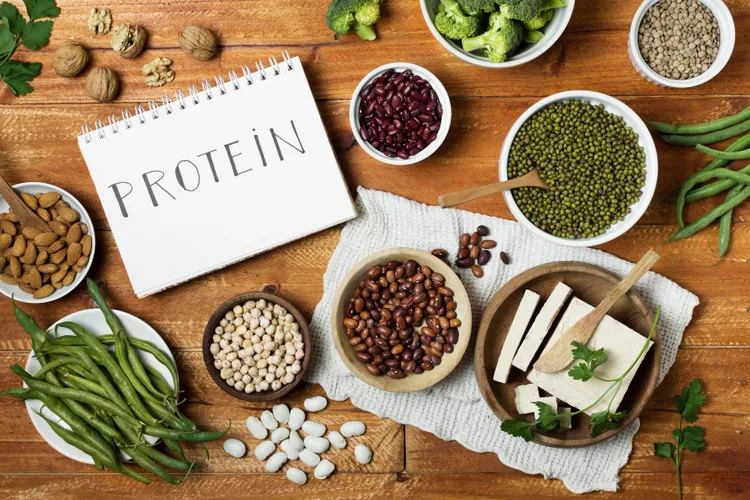
One of the biggest myths about plant-based eating is that it’s hard to get enough protein. The truth? There are plenty of vegan and vegetarian-friendly protein sources that are affordable, versatile, and delicious.
This guide breaks down the best plant-based proteins, how much you need, and how to use them in everyday meals.
The truth is: plants are packed with protein. From beans and lentils to nuts, seeds, soy, and grains, you’ll never run out of delicious, protein-rich options.
Why Protein Matters
Protein is essential for:
-
Building and repairing muscles
-
Supporting metabolism and energy
-
Keeping you full longer
-
Regulating hormones and enzymes
While most people think of meat, eggs, and dairy as the main protein sources, plants can provide just as much (and often with extra fiber, vitamins, and minerals). On average, adults need about 0.8-1 gram of protein per kilogram of body weight daily. Athletes and active people may need even more. Luckily, plant-based foods can provide more than enough protein - without the cholesterol or excess saturated fat found in many animal products.
Curious about other special diets beyond plant-based? Check out Special Diets Made Simple for a full overview.
Top Plant-Based Protein Sources
Here are some of the best vegan protein-rich foods and how to use them:
1. Lentils (18g protein per cup, cooked)
-
Great for soups, curries, and tacos.
2. Chickpeas (15g per cup, cooked)
-
Perfect for hummus, roasted snacks, or chickpea curry.
3. Black Beans (15g per cup, cooked)
-
Ideal in chili, burritos, or salads.
4. Quinoa (8g per cup, cooked)
-
A complete protein - pairs well with roasted veggies or in bowls.
5. Tofu (10g per ½ cup)
-
Soaks up flavor in stir-fries, curries, or grilled dishes.
6. Tempeh (15g per ½ cup)
-
Nutty, firm texture - amazing for sandwiches or stir-fries.
7. Edamame (17g per cup)
-
Easy snack or salad topper.
8. Nuts & Seeds (5–9g per ounce)
-
Almonds, pumpkin seeds, hemp seeds, chia, flax - all easy add-ons.
9. Oats (5g per ½ cup)
-
Great in oatmeal or baked goods, especially when paired with nut butter.
10. Seitan (21g per 3 oz)
-
Wheat-based, super high-protein meat substitute (not gluten-free).
How Much Protein Do You Need?
A general guideline:
-
0.8-1g of protein per kg of body weight for most adults
-
More if you’re very active or strength training
For example, a 150 lb (68 kg) person may need 55-80 grams of protein per day.
To make it easy, see Vegan High-Protein Meal Prep for the Week for a ready-to-use plan with balanced meals.
Protein in Real Meals
Here’s how you can build high-protein vegan dinners with everyday foods:
-
Lentil Tacos + Quinoa Salad = ~25g protein
-
Tofu Stir-Fry with Edamame = ~30g protein
-
Chickpea Curry with Brown Rice = ~22g protein
For more dinner inspiration, check out 10 Easy Vegan Dinner Recipes (No Fancy Ingredients).
3 Easy Plant-Based Protein Recipes
Completely plant-based and suitable for vegan diets! Recipes are easy, flavorful, and doable for any skill level!
1. Maple glazed tofu
Protein per serving: ~18g
Simple to prepare, it's a healthy and delicious way to enjoy plant-based protein.
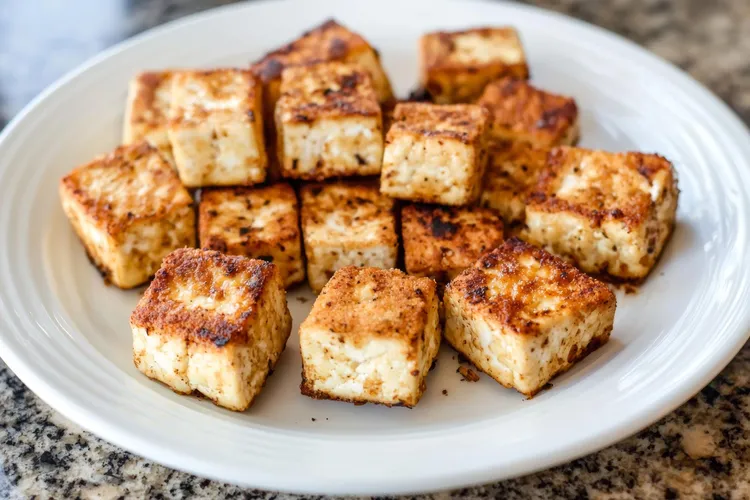
2. Vegan chia peanut butter protein balls
Protein per serving: ~3g
They are easy to make with just a few wholesome ingredients and require no baking.
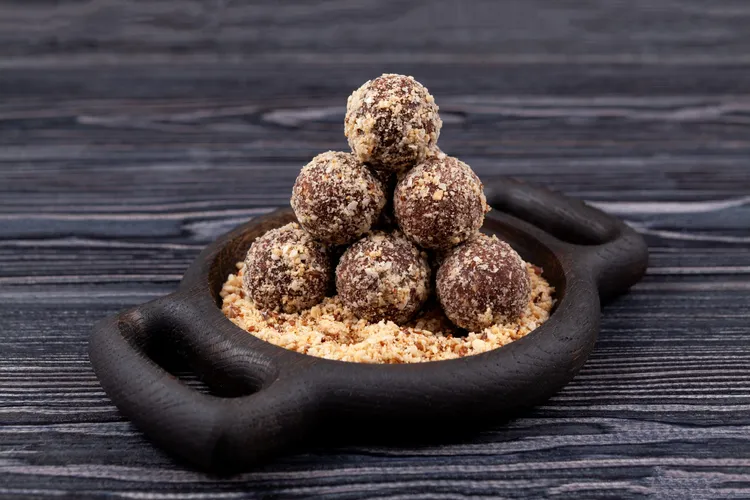
3. Vegan broccoli “cheeze” soup
Protein per serving: ~22g
It's packed with nutritious ingredients like cauliflower, broccoli, and white beans, making it a healthy, protein-rich option.
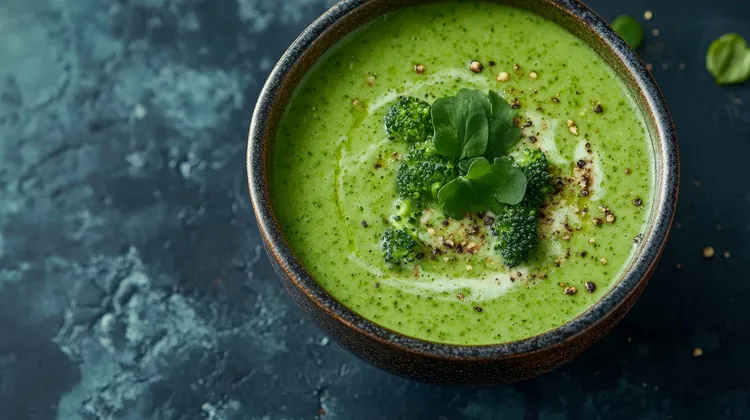
Tips for Getting Enough Plant-Based Protein
-
Eat a variety: Different plants have different amino acids - mixing them ensures balance.
-
Use soy & legumes: They’re some of the richest vegan protein foods.
-
Snack smart: Keep nuts, seeds, and roasted chickpeas handy.
-
Supplement wisely: Plant-based protein powders are great for athletes or busy people.
Plant Protein + Other Diets
Plant-based protein fits well across multiple eating styles:
-
Many are naturally gluten-free (lentils, beans, quinoa). See Gluten-Free Baking Basics: Tips & Recipes for more ideas.
-
If you’re eating lower-carb, nuts, seeds, tofu, and tempeh work well alongside options from Low-Carb Snacks That Actually Taste Good.
Protein isn’t just about meat. With beans, legumes, tofu, nuts, and seeds, you can hit your protein needs easily on a vegan or vegetarian diet.
Whether your goal is muscle growth, weight management, or better health, these plant-based protein sources - and the recipes above - will help you thrive.
Start small, try new recipes, and before long, you’ll discover that a plant-based, high-protein lifestyle is sustainable, satisfying, and absolutely delicious.
For more plant-based help, explore:
-
Or the full overview in Special Diets Made Simple
FAQ About Plant-Based Protein
1. What are the best plant-based protein sources for vegans?
The best plant-based protein sources include lentils, chickpeas, quinoa, tofu, tempeh, edamame, black beans, seitan, hemp seeds, chia seeds, nuts, and oats. These foods are protein-rich, versatile, and full of essential nutrients.
2. Can you build muscle on a plant-based or vegan diet?
Yes! By eating enough calories and including high-protein foods like seitan, tempeh, tofu, soy milk, beans, and protein powders, you can build and maintain muscle mass on a vegan diet.
3. What plant-based food has the highest protein per serving?
Seitan (wheat gluten) is one of the richest plant-based proteins, with about 25 grams per 3.5-ounce serving. Other top contenders include tempeh, edamame, and lentils.
4. Which plant proteins are complete proteins?
Not all plant proteins are complete (containing all nine essential amino acids). However, foods like quinoa, soy, hemp seeds, buckwheat, and spirulina are complete proteins. Combining foods - like beans with rice - also creates complete proteins.
5. Is plant-based protein healthier than animal protein?
Both have benefits. Animal protein is naturally complete, but plant-based protein comes with added fiber, antioxidants, and lower saturated fat - making it healthier for the heart and digestion.
6. Do vegans need protein powder to get enough protein?
Not necessarily. Whole foods like beans, lentils, tofu, tempeh, and seeds can provide plenty of protein. However, plant-based protein powders (pea, hemp, rice, or soy) are convenient for athletes or busy people who need an extra boost.
7. Can plant-based protein help with weight loss?
Yes! Plant proteins are often lower in calories and fat compared to animal protein. They also come with fiber, which keeps you full longer, making it easier to manage cravings and reduce overall calorie intake.
8. What are the best high-protein vegan snacks?
Great vegan protein snacks include:
- Roasted chickpeas
- Edamame with sea salt
- Peanut butter with apple slices
- Protein bars (plant-based)
- Trail mix with nuts and seeds
- Chia pudding with hemp seeds
9. Can you get enough protein on a vegan diet without soy?
Definitely. While soy foods like tofu, tempeh, and edamame are excellent, you can get plenty of protein from beans, lentils, peas, quinoa, seitan, nuts, and seeds. A soy-free plant-based diet can still be high in protein.
10. Do plant-based proteins provide enough iron for vegans?
Yes - especially from foods like lentils, chickpeas, black beans, pumpkin seeds, and spinach. Pairing these with vitamin C-rich foods (like lemon juice or bell peppers) improves iron absorption.
